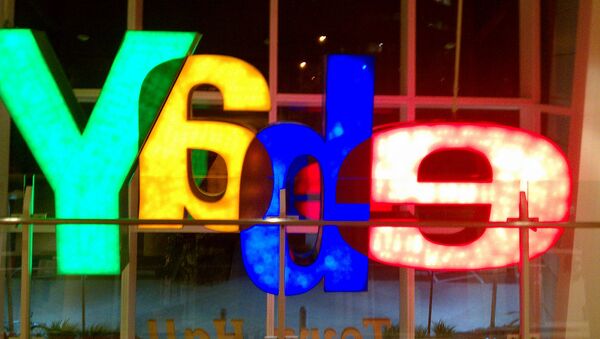"On the one hand, modern electronic platforms, like eBay, enable a very thorough monitoring of transactions. If law enforcement services have a particular suspect, then they can track the history of his or her transactions — what he or she did, whom he or she sent money to or where he or she received it from. But this is only possible when there is information available that a particular citizen could be an offender," Khestanov said.
"If there is no such data, then it would be very difficult to find something in a huge lot of transactions in such a large company as eBay," he added.
According to Khestanov, eBay — like any other big company — is actively trying to fight against violations and illegal activities. However, when a potential offender fulfills all formal requirements, provided by the platform, then it becomes very complicated to uncover his unlawful actions.
"Such websites like eBay conduct a systematic fight against any violations, but it is possible that the terrorists simply fulfill all formal requirements. Attackers use a variety of means, and the very fact that this means is used unlawfully, does not mean that the website itself is to blame for something. This is just about an eternal struggle between good and evil. As long as an offender somehow exposes himself, all the algorithms of the world to find him are powerless," the expert concluded.
One of the suspected recipients of the Daesh funds was a US citizen named Mohamed Elshinawy, around 30 years olds, who was arrested by the FBI in Maryland over having ties to the terror group in 2016. Elshinawy allegedly pledged his allegiance to Daesh and received almost $9,000 through fake eBay transactions by pretending to sell printers, according to the newspaper.



